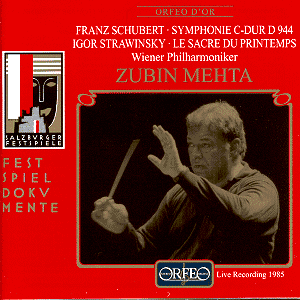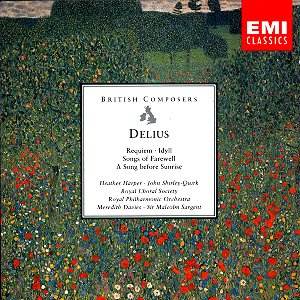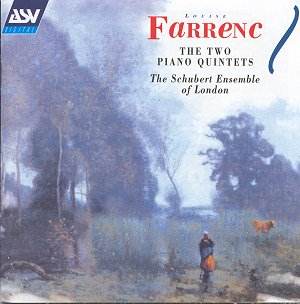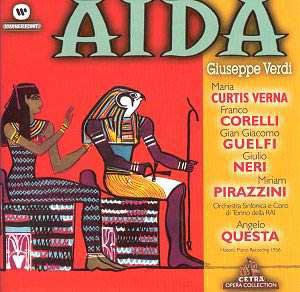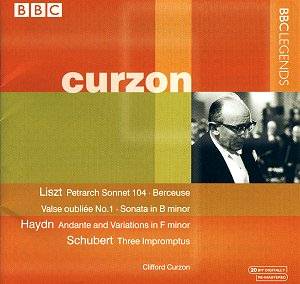 Composer: Franz Liszt (1811-1886), Joseph Haydn (1732-1809), Franz Schubert (1797-1828)
Composer: Franz Liszt (1811-1886), Joseph Haydn (1732-1809), Franz Schubert (1797-1828)
Works: Sonetto 104 del Petrarca, Berceuse, Valse Oubliée no. 1, Sonata in B minor; Andante and Variations in F minor; Impromptus, D.899: nos. 2-4
Performers: Sir Clifford Curzon (pianoforte)
Recording: Live at the Edinburgh Festival (Leith Town Hall), 5.9.1961 (Liszt); BBC Studios, London, 30.3.1961 (Haydn); 24.12.1961 (Schubert)
Label: BBC Legends BBCL 4078-2
The repertoire presented on this recording showcases a spectrum of Romantic and Classical expression, with Sir Clifford Curzon navigating the emotional depth and technical demands of Liszt, Haydn, and Schubert. Liszt’s works, particularly, invite an exploration of virtuosity intertwined with profound emotional nuance, a task that Curzon undertakes with noteworthy ambition and artistry. This recording allows listeners to reflect on the historical context of these compositions, each a significant reflection of its composer’s artistic journey.
Curzon’s interpretation of Liszt’s Sonetto 104 del Petrarca is particularly striking. The performance reveals a dichotomy between fervent emotional surges and moments of introspective reflection, a contrast that captures Liszt’s own tumultuous relationship with his artistic identity. Curzon’s choice to eschew a linear interpretation in favor of a more fragmented, almost conversational approach serves to emphasize the work’s dualities. His touch is both probing and tender, deftly exploring the harmonic subtleties that Liszt so masterfully embeds within the score. The recording from the Edinburgh Festival, while occasionally compromised by the venue’s acoustics, allows Curzon’s luminous softer passages to resonate beautifully, even as the middle register tends to dominate. The magic of the Berceuse and the impish playfulness of the Valse Oubliée further exemplify Curzon’s ability to traverse the spectrum of Liszt’s emotional landscape, providing moments of levity amidst the intensity.
The Sonata in B minor stands out as the pinnacle of this collection, a tour de force that showcases not only Curzon’s technical prowess but also his interpretative ingenuity. The performance is imbued with a palpable sense of urgency, as if Curzon is continually on the precipice of revelation. This “cliff-hanging” quality, where he seems to flirt with chaos while maintaining a sense of control, aligns closely with Liszt’s own creativity, marked by a tension between order and wildness. Curzon’s interpretation reveals the composer’s internal struggles with remarkable clarity, with softer, lyrical moments strikingly heart-wrenching, a testament to the pianist’s deep emotional investment.
Contrastingly, the recordings of Haydn and Schubert, while technically proficient, do not reach the same heights of interpretative revelation. The Andante and Variations in F minor benefits from Curzon’s expressive palette, yet the more intimate studio recording lacks the vibrant immediacy of the live performance. It is in the Schubert Impromptus where Curzon seems to wrestle with the material; the interpretations come across as somewhat aggressive, possibly indicative of his own insecurities in a less forgiving environment. The close recording, while capturing the nuances of his touch, ultimately diminishes the expansive sound that Schubert’s music often demands.
Curzon’s recording of Liszt’s works, however, remains a landmark interpretation that enters the pantheon of greatest performances of this repertoire. It demonstrates an artist deeply engaged with the music, whose inner struggles manifest in a vibrant, communicative performance that transcends mere technical execution. This recording not only affirms Curzon’s place in the lineage of great pianists but also revitalizes Liszt’s music, inviting both aficionados and newcomers alike to revisit these masterpieces with fresh ears.
